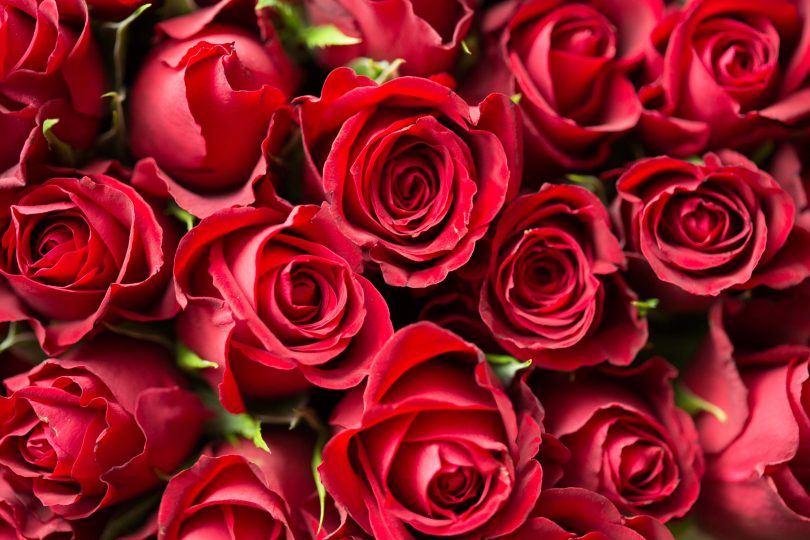The Australian versions of The Bachelor and The Bachelorette have a huge viewership – both tending to hit over one million viewers.
One reason for their popularity is that it is easier for the average person to identify with a character on a reality show like The Bachelor than it is in a scripted program. But do these ‘reality’ shows have greater potential for affecting the behaviours and values of viewers?
Does reality TV reflects society and its values, or does it establish them?
The graph below shows the number of viewers during the final decision of each season. The lowest rating season still had a whopping 979,000 viewers.
The winners of each season also garner massive social media followings. Stu Laundy, winner of The Bachelorette season 3, has the lowest Instagram following. But that number is still 47,000 and his account is rarely active.
Research has suggested that The Bachelor perpetuates many stereotypes and expectations in relationships. An American study by Eileen Zurbriggen and Elizabeth Morgan found that young adults who watched reality dating programs tended to hold gender-stereotypical and traditional attitudes towards dating, sex and relationships. Another Rachel Dubrofsky, in her 2006 study The Bachelor: Whiteness in the Harem, suggested The Bachelor reinforces the stereotype of women as “interchangeable” objects.
Further to this, the casting for the show clearly implies what the ‘ideal’ relationship is: a young, beautiful woman and an older man.
By featuring young women desperately attempting to prove themselves as a worthy wife of the chosen Bachelor or The Bachelorette contestants, The Bachelor franchise perpetuates the idea that all women should be ready and looking for a husband from a young age. Men, on the other hand, are expected to have lived much of their life before settling down.
The majority of female contestants on The Bachelor Australia are 25. The male contestants on The Bachelorette Australia are mostly over 29.
The oldest contestant on The Bachelor was a 35-year-old woman in season 1. Contestants on The Bachelorette stretch up to 44-years-old.
To put this into context, the median age of the Bachelor and the Bachelorette the contestants are fighting for is 31 and 29 respectively.
According to the American gender and pop culture researcher Beth Montemurro in her 2007 study, “television is still the primary source of mass culture”.
The sheer viewership of The Bachelor franchise indicates the potential for these shows to widely impact societal values, for better or for worse.
And what the data are showing is that traditional, conservative stereotypes continue to be promoted.
The introduction of The Bachelorette could be seen as an attempt by the franchise for gender equality. But when the ideals the shows push still revolve around a young woman’s future as a wife and mother, this attempt doesn’t stand up for long.
(Featured Image: picjumbo.com from Pexels)





